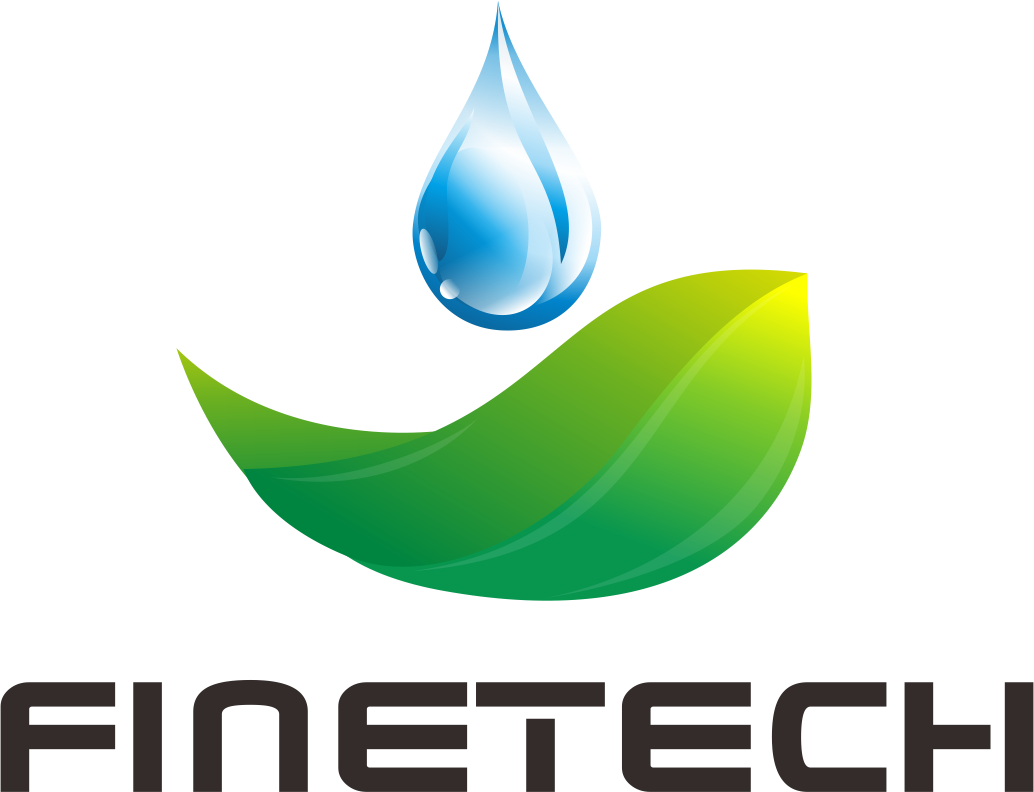
Potassium Sorbate: 10 questions you may want to know
Table of contents
Hide
Potassium sorbate is a widely used preservative in the food and beverage industry. It inhibits the growth of mold, yeast, and bacteria, extending the shelf life of products. Potassium sorbate is effective in low concentrations, is considered safe for consumption, and is used in a variety of items, including baked goods, dairy products, and beverages.
Table of Contents


How Can Buyers Choose Reliable Sodium Erythorbate Suppliers?
14 2 月, 2026
Unreliable suppliers send

How Can Buyers Minimize Risks in Sodium Erythorbate Trade?
14 2 月, 2026
Buying Sodium Erythorbate
